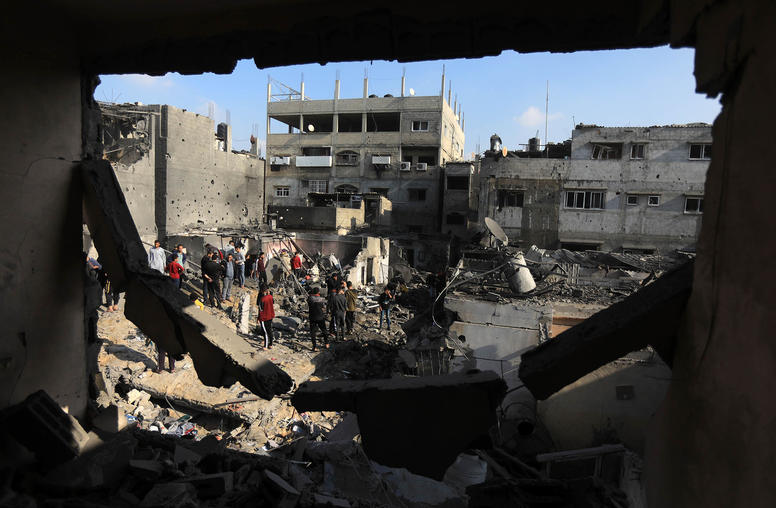How Israelis and Palestinians Negotiate
A Cross-Cultural Analysis of the Oslo Peace Process
Refreshing and revealing in equal measure, this innovative volume conducts a critical/self--critical exploration of the impact of culture on the ill-fated Oslo peace process. The authors—negotiators and scholars alike—demolish stereotypes as they construct an unusually subtle and sophisticated understanding of how culture influences negotiating styles. Culture, they argue, did not cause the Oslo breakdown—but it did play an influential, intervening role at several levels: coloring the thinking of political leaders, shaping domestic politics on both sides, and affecting each side’s evaluation of the other’s beliefs and intentions.
After an overview by William Quandt of the history of the Oslo process and the impact of international factors such as U.S. mediation, the volume presents a detailed analysis of first Palestinian, and then Israeli negotiating styles between 1993 and 2001. Omar Dajani, a former legal advisor to the Palestinian team, explains how elements of Palestinian identity and national development have hobbled the Palestinians’ ability to negotiate effectively. Aharon Klieman, a distinguished Israeli analyst, traces a long-standing clash between diplomatic and security subcultures within the Israeli political elite and reveals how Israeli identity has helped create a negotiating style that opts for short-term gains while undermining the prospects for a lasting agreement. Drawing on these insights, Tamara Wittes concludes the volume by offering not only a fresh appreciation of culture’s influence on interethnic negotiations but also lessons for future negotiators in the Israeli-Palestinian conflict.
About the Author
Tamara Cofman Wittes comes to us from the Middle East Institute, where she was director of programs from June 2000 to December 2002. In that position, she developed and ran programs examining politics, culture and society in the region, from Morocco to Pakistan. A specialist on the Arab-Israeli peace process, Wittes has undertaken research projects exploring confidence-building within that process, challenges to reform in Syria and the role of ethnic diasporas in conflict resolution. Wittes' work has been published in Political Science Quarterly, International Studies Notes, National Security Studies Quarterly and other publications. A member of the Council on Foreign Relations and Women in International Security, Wittes often provides expert commentary and analysis for CNN, National Public Radio, the BBC and other news outlets. She holds a B.A. from Oberlin College, and an M.A. and a Ph.D. from Georgetown University.



